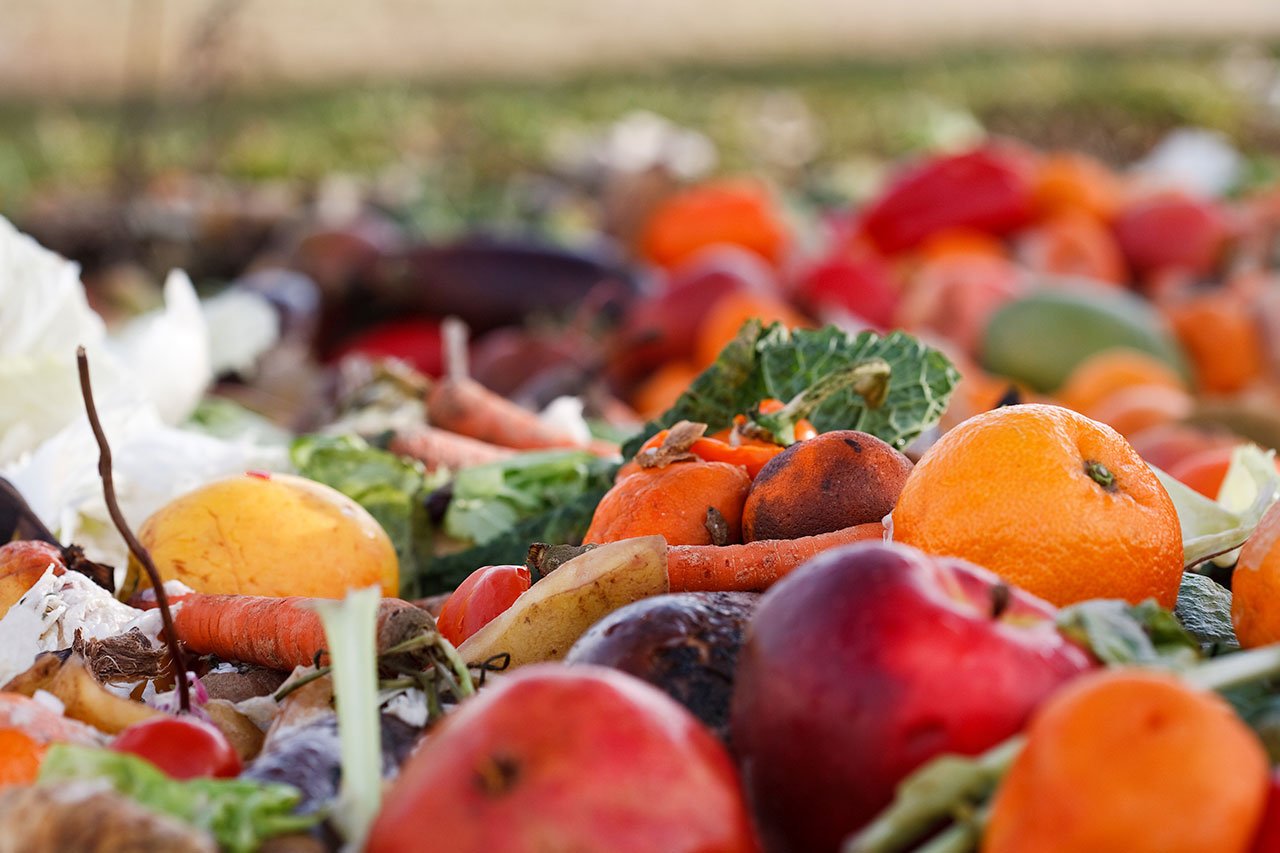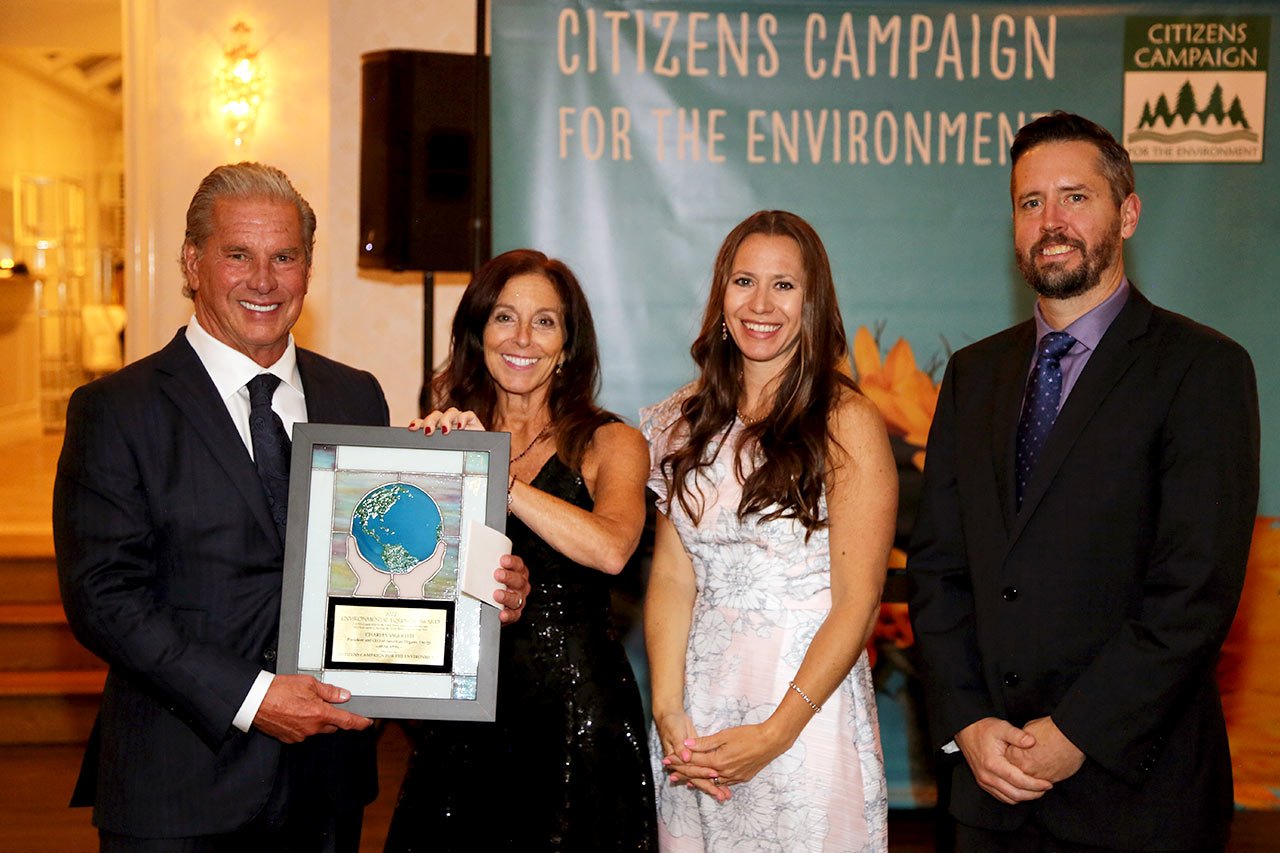As of Jan. 1, 2022, the New York State (NYS) Food Donation and Food Scraps Recycling law mandates all businesses and institutions generating an annual average of 2 tons of unused food per week donate excess edible food and recycle all remaining scraps if within 25 miles of an organics recycler—namely, a composting facility or anaerobic digester.
This monumental initiative will have the greatest impact on area restaurants, grocery stores, hotels and motels, colleges and universities, malls and other large event centers, while excluding hospitals, nursing homes, adult care facilities, farms and K-12 schools for the time being. Institutions claiming undue hardship can petition the NYS Department of Environmental Conservation (DEC) for a one-year waiver.
Global Figures Inspire Local Action
According to the latest research, 2.5 billion tons of food are lost or wasted, annually, worldwide—more than double previously thought. This accounts for an estimated 10% of greenhouse gas emissions. To date, only 11 nations have submitted carbon reduction plans.
On the local level, 18 states have passed a total of 52 bills in the last year ranging from grant-based initiatives to laws requiring the separation of food waste for anaerobic digestion. With implementation of the NYS Food Donation and Food Scraps Recycling law, the DEC pledges to publish a list of designated food scraps generators for 2023 by June 2022. Those designated will be required to supply an annual report accounting for all excess food received.
New York City Leads the Charge
In New York City alone, it’s estimated 30% to 40% of the food supply winds up wasted, while 1.5 million New Yorkers classify as food insecure. This imbalance leads to pollution and hunger, as degrading organic matter releases methane into the atmosphere, contributing to global warming.
Its long-term, strategic, OneNYC 2050 plan simultaneously addresses climate change and improves equity among New York City residents by committing to achieve net-zero waste. Measures have been taken to expand the city’s already robust curbside organic collection program, establish additional drop-off sites, and spearhead new community composting initiatives.
Anaerobic Digestion at the Forefront
As more attention shifts toward this global issue, the anaerobic digestion market is projected to skyrocket from its 2018 level of $7.5 billion to nearly $15.3 billion by 2025—with North America and particularly New York City poised to play prominent roles.
American Organic Energy is scheduled to break ground on its much anticipated anaerobic digester in spring 2022, marking the first step in the construction of what has been heralded as the most sophisticated food waste processing facility in the world. The digester will help the New York metro area achieve its goal of net-zero waste by processing 180,000 tons of local food waste per year, while simultaneously generating renewable energy and reducing harmful carbon emissions.
For more information on this project, contact American Organic Energy.








